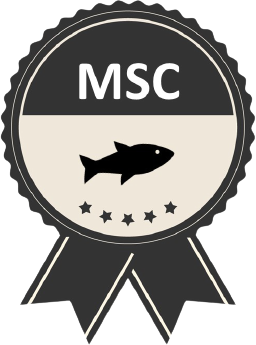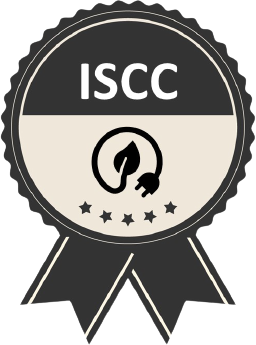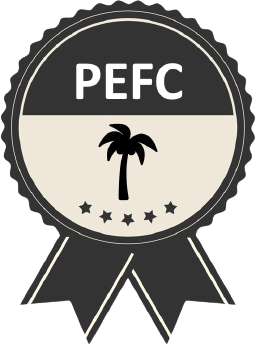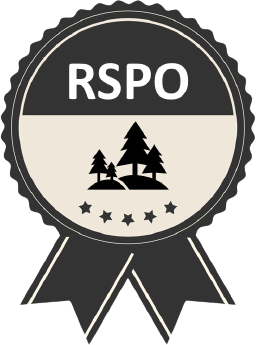Standards are designed and developed to describe the best way of doing something. They are created by committees, Institutions, Agencies, None-Profit Organization (NPO) and None-Governmental Organization (NGO), or a combination of, to provide the best practices.
Standards are design by peoples with subject expertise to provide the best management practices relevant to their fields. For example, Environmental Management Standards aim to reduce waste and improve sustainability, whereas Quality Management Standards aim to improve production effectiveness and reduce product failure.
Standards can be adopted for any business regardless of their organization’s sizes, location and complexity, as long as the Standard's purpose is suitable to the context of their organization.












































Marine Stewardship Council (MSC) is an international non-profit organisation that rewards efforts to protect oceans and safeguard seafood suppliers.
The Marine Stewardship Council (MSC) fisheries and MSC Chain of Custody (CoC) standards help companies and organisations to promote and identify wild caught fish as sustainable and well managed. The MSC certification process covers fish caught from ‘vessel to plate’ and across the whole supply chain.
Read MoreForest Stewardship Counsel (FSC) certification certifies the proper management of forests (Forest Management), demonstrating that products come from properly managed forests, and are processed and distributed appropriately.
FSC Chain of Custody certification (CoC) aims to promote a sustainable chain of custody through processing and distribution of wood-based products from its raw material state to end user.
FSC CoC are for organizations involved in manufacturing, supply, distribution or sale of wood-based products that wish to become more environmentally sustainable.
Read MoreThe Programme for the Endorsement of Forest Certification (PEFC) is an international, non-profit, non-governmental organization which promotes sustainable forest management through independent third-party certification. It is considered the certification system of choice for small forest owners.
Read MoreRoundtable on Sustainable Palm Oil (RSPO) aims to promote the growth and use of sustainable palm oil products through global standards and multistakeholder governance.
Read MoreInternational Sustainability and Carbon Certification (ISCC) is an independent multi-stakeholder organisation that provides a globally applicable certification system for the sustainability of raw materials and products, traceability through the supply chain and the determination of greenhouse gas emissions and savings.
ISCC is a multi-feedstock system and covers agricultural, forestry and alternative raw materials.
The ISCC certification system ensures the sustainability of raw materials and products for various markets, including bioenergy (liquid and gaseous biofuels and bioliquids), food, feed, and chemical/technical markets. In the bioenergy and chemical/technical markets in particular, renewable raw materials are increasingly regarded as a feasible and climate friendly alternative to fossil feedstocks.
Read MoreManaging an organization up to a high degree of quality can be daunting. The International Standardization of Organization is a standard-setting body that develops and publishes various international standards including management standards for various types of industries.
Adopting an ISO standard will assist organizations to effectively manage and improve their organization with a specific ISO standard in mind. The ISO standard is a valued and internationally recognised system for all types, sizes and industries to adopt.
Read MoreThe development of global guidelines ensuring the appropriate use of evidence represents one of the core functions of WHO. A WHO guideline is defined broadly as any information product developed by WHO that contains recommendations for clinical practice or public health policy.
WHO norms and standards for pharmaceuticals guidelines are grouped into (1) development, (2) production, (3) distribution, (4) inspection, (5) quality control, (6) regulatory standards and (7) specific texts for prequalification of medicines.
Read MoreSingapore Standards are or SS Codes are functional or technical requirements in the form of specifications for materials, product system or process, codes of practice, methods of test, terminologies, guides and management systems developed and published by Enterprise Singapore.
Each SS Code is nationally recognised, established by consensus and developed with working groups of field expertise and committees to develop the standardised practices for various industries.
Read More







